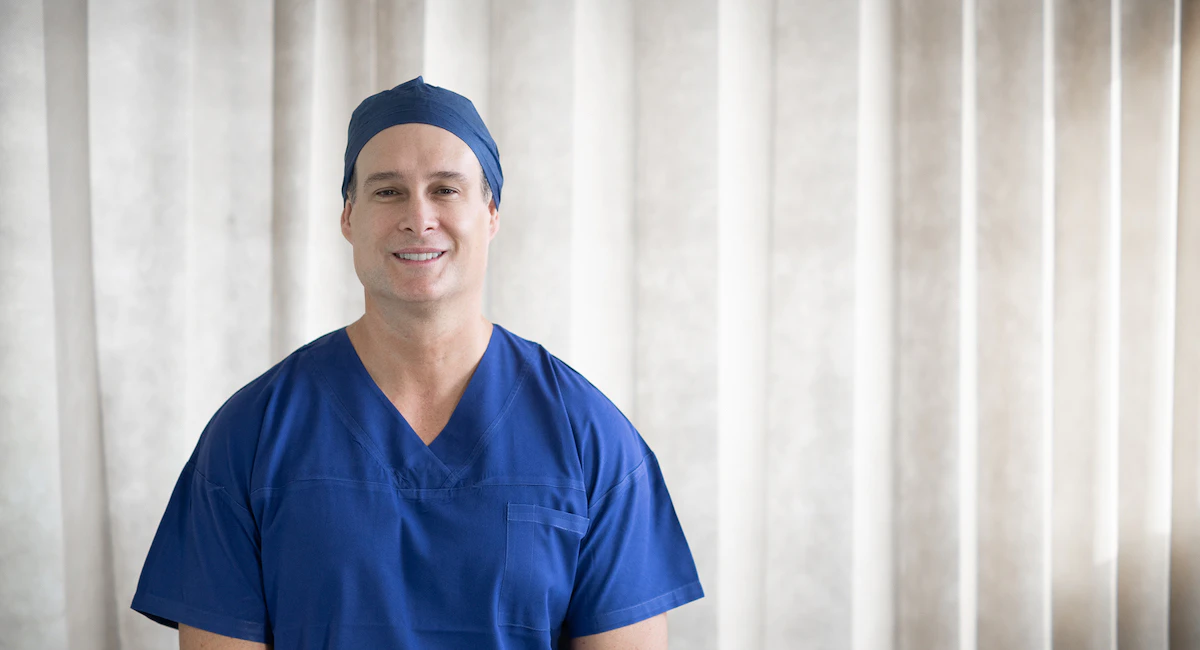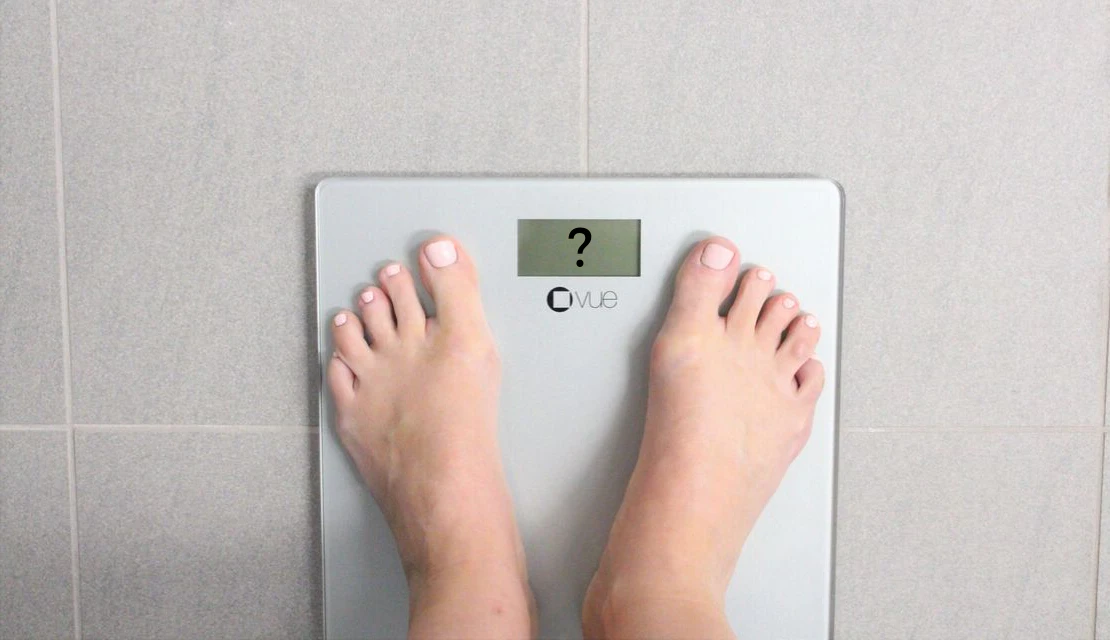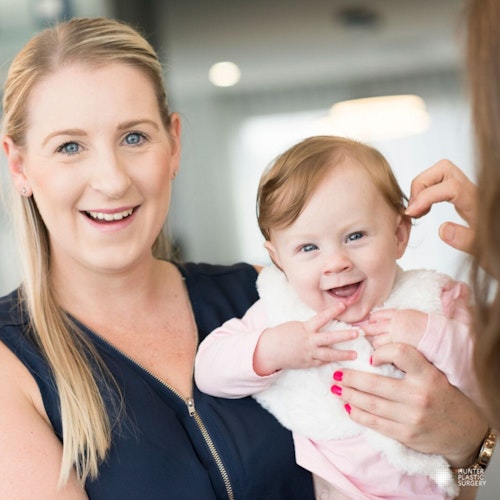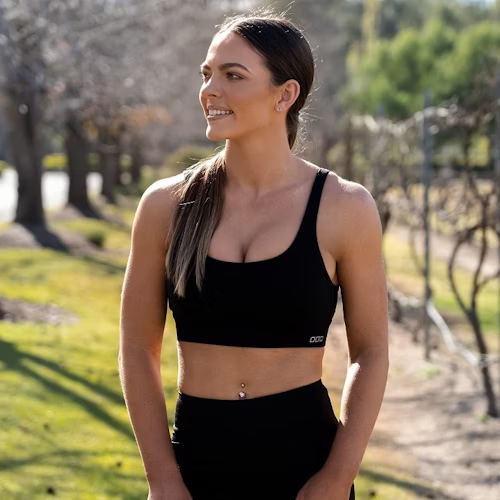The weight loss struggle is real – believe me, I know!
But your weight can make a big difference to the safety and outcome of your surgery – so we can’t ignore it.
In this article I’ll outline why it matters and the BMI weight range to aim for before starting the surgical journey.
The bad news first – why excess weight is so risky
Patients in higher weight ranges have greater risks attached to all forms of surgery, including plastic surgery.
For example, Johns Hopkins researchers found that obese patients were linked to 12 times higher complication rates compared to patients of normal weight.
This included increased anaesthetic risks, inflammation, infection and pain.
Given that the procedures I perform are elective, not emergency, it would be negligent of me to operate on patients when the risks are so much higher due to weight.
Excess weight impacts the final result too!
From my own experience, patients who have surgery when they are carrying excess weight have higher rates of delayed wound healing, wound breakdowns and excessive scarring, all of which are not ideal given the procedures are intended to improve aesthetic appearance.
The other issue is that it is harder to get a “wow” result when patients are still carrying extra weight. While I certainly work hard to sculpt their bodies through surgical excision and liposuction, there are limits of what’s possible.
So what weight is ideal?
I like to see patients within “healthy” or somewhat “overweight” category of body mass index calculations.
So a BMIs at or under 28 is required for most patients.
For mass weight loss patients or women with higher muscle mass with slightly higher BMIs, please see the section further down this page.
Due to the risks of surgery, I do not operate on patients with a BMI of 30 or over.
For breast augmentation surgery, a BMI at or below 25 is required for safety and a beautiful outcome that will last.
Click here to find out your BMI.
Even if you are already have a BMI lower than 28, it may still be more than your goal. Again, the results are better from surgery the closer you are to your sustainable goal weight.
What if my BMI is very low?
Being underweight is also associated with increased risks from surgery, particularly when there are underlying health issues causing patients to be underweight.
I do not operate on patients with a BMI lower than 18.5 unless there are exceptional circumstances. So again, if you are trying to gain weight, please do your research now and then once your weight is stable at your goal, look at booking in a consultation.
What about for mass weight loss patients or those with high muscle mass.
For patients who have lost very large amounts of weight, they can be left with lots of extra skin and tissue, despite otherwise having little in the way of excess fat.
This can throw out their BMI number, so I invite you to contact us to arrange for our Practice Manager to review photos before we are able to book a consultation.
Similarly, we do see a small number of prospective patients who have significant muscle mass as a result of high levels of resistance training. We also invite these women to contact us for assessment prior to making an appointment.
What works to reduce weight before surgery?
I know it sounds boring and is a lot easier said than done, but sorting out your diet and including exercise in your lifestyle is important.
For some patients, getting help with their diets and exercise by using services like Lite n Easy, Weight Watchers, nutritionists or personal trainers has worked.
We have also seen patients who have successfully lost weight using with more invasive solutions such as weight loss surgery. You might like to explore the surgical options outlined on the Newcastle Weight Loss Surgery or the Sea Change Weight Loss Clinic websites.
Should you see me now or wait if you are on a weight loss journey?
I like to see patients once they are at their goal (ideally at or below a BMI of 28, with the maximum being a BMI of 30), their weight is stable and they are ready for surgery within 3 months of a consultation for a number of reasons:
- Medicare item numbers to help with post-weight loss surgery require weight to be stable for at least 6 months
- The rules for rebates from Medicare and funds can change a lot and without notice! So understanding them as they apply close to your planned surgery is important
- For me to accurately understand your goals and advise how I can assist you in meeting them, I need to see you at a stable goal weight that you can sustain over time.
How long does it take to see me for a consultation?
It does generally take 8-12 weeks to see me for a consultation (although you can fast track if you are considering breast surgery by booking a $100 Vectra simulation with my Practice Manager). More details about how soon you can book to see me is here.
After your consultation it then takes another 6-12 weeks to secure a date for surgery, and a little longer in the second half of the year when everyone seems to want surgery and to recover in time for Christmas!
Not at a stable goal weight at or under 28 BMI points yet, or not ready for surgery within 3 months?
If you are not ready for a consultation yet, but still want to start thinking about surgery, then our website is a great place to start. The surgery after weight loss page is here.
And if you would like to join our mailing list and get even more information tailored to the procedures you are interested in, including answers to frequently asked questions and case studies of previous patients, please join our mailing list by filling in the contact form below.
More information or to book a consultation
Once you have reached your goals and are ready to make an appointment for a consultation, please call 4920 7700 or send us a message via the form below.
We look forward to meeting you when the time is right.
More blogs you may be interested in:

Blog Author:
Dr Nicholas Moncrieff, Specialist Plastic Surgeon, Newcastle
About Dr Moncrieff
Dr Moncrieff focuses exclusively on breast reductions, breast lifts, breast augmentation, tummy tucks and body lifts.
He is one of only a handful of Cosmetic Plastic Surgeons across Australia with this sole breast and body focus.
Dr Moncrieff has performed thousands of surgical procedures over more than two decades in medicine. Over 20,000 of these procedures have been in Newcastle.
More information about Dr Moncrieff is available here.



